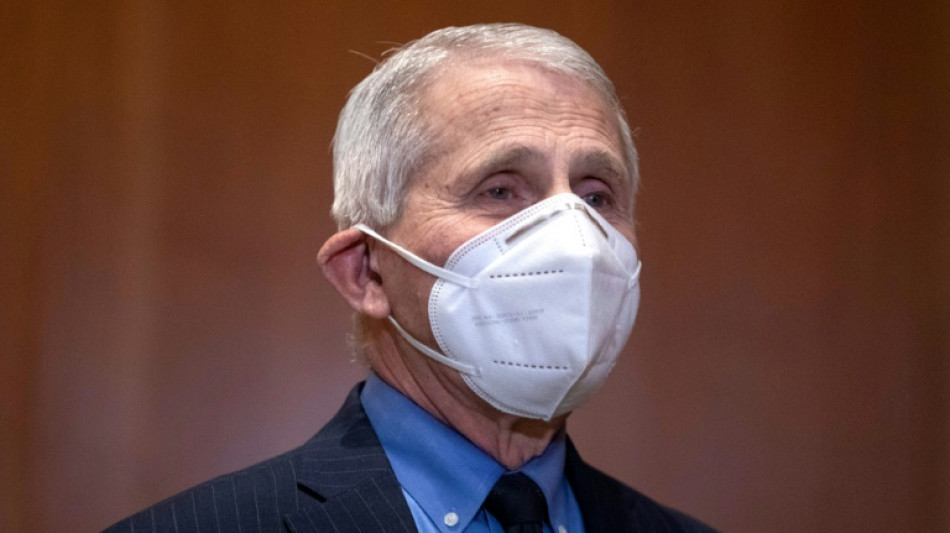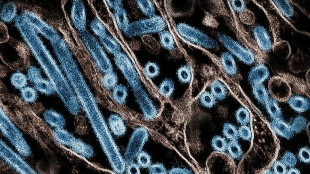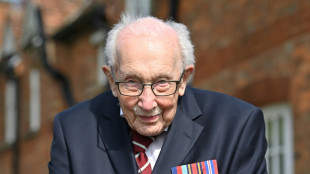

Anthony Fauci, Biden's top Covid advisor, tests positive
Top scientist Anthony Fauci, the face of America's response to the Covid-19 pandemic, tested positive Wednesday for the virus on a rapid antigen test but is continuing to work from home while he recovers, the National Institutes of Health said.
"He is currently experiencing mild symptoms," the NIH said, adding the 81-year-old, who is fully vaccinated and double boosted, had not been in recent close contact with President Joe Biden, whom he serves as chief medical advisor.
"Fauci will follow the COVID-19 guidelines of the Centers for Disease Control and Prevention and medical advice from his physician and return to the NIH when he tests negative," it said.
Breakthrough infections have risen significantly since the Omicron variant became dominant late last year. Its latest sublineages BA.4 and BA.5, which appear to have advantages in their ability to evade immune protection, are now on the rise.
As the longtime director of the NIH's National Institute of Allergy and Infectious Disease, Fauci has led the United States' response to every pandemic since 1984, winning wide praise for his leadership during the early fight against HIV-AIDS.
When Covid first spread globally from China, he became a trusted source of reliable information for a worried public, exuding a calm and professorial demeanor in his frequent media appearances.
But his honest takes on America's failures to come to grips with the virus brought him into conflict with former president Donald Trump, who attacked the physician-scientist frequently towards the end of his term, helping turn him into a hated figure by some on the right.
Fit and energetic, Fauci managed to dodge becoming infected more than two years into the pandemic -- taking precautions like excusing himself from the recent White House Correspondents Dinner that became a spreader event despite a vaccine and same-day test requirement.
He now finds himself in the company of an ever increasing majority of Americans who have contracted the virus -- a figure that was as high as 60 percent by February of this year, according to an antibody survey study carried out by the Centers for Disease Control and Prevention, and probably much higher now.
韓-L.Hán--THT-士蔑報




